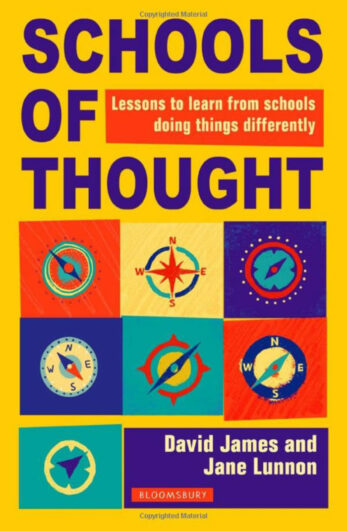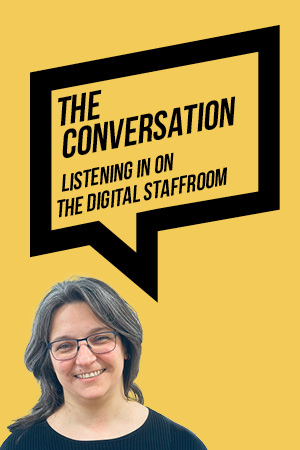Publisher
ISBN 10
Max Coates had me in the first three pages of the book when he quoted Professor John West-Burnham: “…all leadership development is personal development.”
After a year and a half of gruelling but semi-successful development in my own new leadership position, I heard what he said, and wanted only to hear more.
His discussion of humans’ fight-or-flight responses resounded in my mind as I thought back on all those moments at governors and SLT meetings where I just couldn’t form a response fast or rationally enough. Yet, despite acknowledging I need to develop in this area, I couldn’t for the life of me work out how to improve. So what advice would Coates have for me?
For someone new to leadership, or someone who doesn’t have the time to read a-million-and-one different bits of research, Coates has developed a concise and refreshing understanding of the human brain, immersed in real-life experiences of leaders. He succeeds in bringing a wide variety of research together, with quotes that get a true sense of the original researcher’s viewpoint, while offering examples sourced from some of the many hours of coaching and work that he has experienced.
I found myself making notes on particular snippets of research and was able to glide past others that interested me less. Although heavily research-based, the book does bring it to life and gives credibility to Coates’ points through detailed and believable examples. That isn’t to say that, at times, there are a few too many examples, and I found myself occasionally getting lost from the original point. However, the focus is normally brought back to a couple of clear bullet points in the closing paragraph of each chapter, so I always felt like I’ve been on a journey of self-discovery with some tangible action points to take forward.
Coates has developed a concise and refreshing understanding of the human brain
There were two chapters that stood out for me.
The first was on motivational factors. The idea that there are different factors that motivate different people would explain why I sometimes find myself at odds with the way others approach challenges. It has made me realise the need to reflect on which roles I take on, in order to keep my energy balanced between providing challenge that excites me and increases my performance, whilst still feeding the motivational factor that most satisfies me.
The second part that left me shocked and invigorated was Coates’ evaluation of “the drama triangle”. I recognised myself as an instigator in various different roles around the triangle, the position in which colleagues have put me in. I could not believe how much his advice about not entering the triangle rang true. I looked at my own growing frustration over the past year compared with my colleagues’ calm and controlled stress-free manner, I realised the need to be aware of the game and how to avoid it.
The second part that left me shocked and invigorated was Coates’ evaluation of “the drama triangle”.
Have I finished this book with a nice tidy list of 10 things that I am going to do to magically cure all stresses and anxieties around leadership? No. But what I have gained is a holistic picture of what leadership can be like, surrounded by stories and research that make you feel less alone, and a new rational approach to dealing with some of these situations in the future.
Will I be coming back to this book in the future? Yes, definitely, especially as I find myself feeling many of the thoughts and emotions that Coates so accurately described throughout the book.








Your thoughts